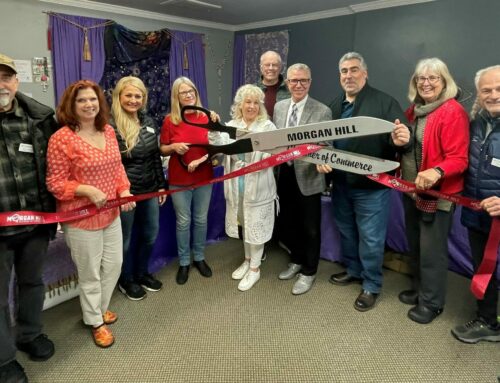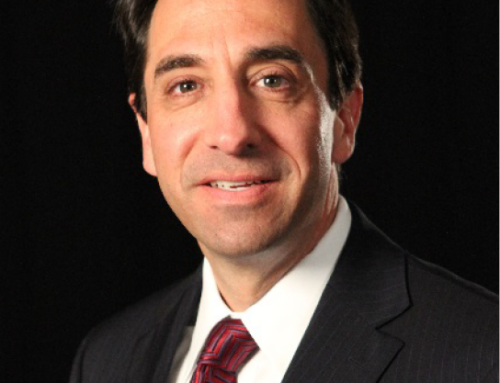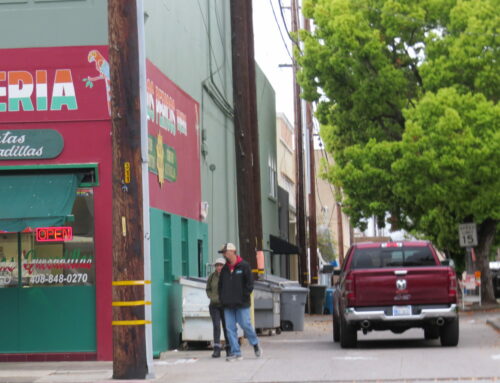Published in the May 24 – June 6, 2017 issue of Morgan Hill Life
By James Ward

James Ward
I frequently get people coming in and telling me, “We’ve just spent $300,000 of mom’s money for her nursing home care, and now she’s broke.” Or, “We just went through $500,000 of dad’s savings to pay for his nursing home, and now he doesn’t have any more money.” Yes, it happens frequently. The cost of nursing home care in our area is $11,500 to $12,000 per month.
What do they do now? Those are sad cases. Those are the people who didn’t know that Medi-Cal planning is permitted under California and federal law, and the money could have been saved with proper planning. A 2005 law made it much more difficult to do planning in most states, but California has not yet adopted that law. In California, both proactive planning and crisis planning can be done.
What’s the difference between proactive planning and crisis planning? Proactive planning is when planning is done before the individual actually needs to go to the nursing home or before the individual needs assistance at home. This type of planning is either done for a healthy person who wants to be prepared, or for an individual with dementia or another illness that is expected to get worse with time.
Crisis planning is done for an individual who is already in the hospital or nursing home, and the person isn’t expected to return home.
Proactive planning may be done three to five years in advance of a need. This is done as a precaution. Crisis planning is often done after the elder lands in the hospital from a fall or stroke, or the family has simply waited too long before the level of dementia or other illness has progressed to a critical stage.
Unfortunately, because the law is different in the other 49 states, many people assume that their assets cannot be protected for the spouse and family.
This isn’t true in California. California just made it easier to protect a person’s residence with new changes that became effective at the beginning of 2017, and rental properties, vacation homes, and vacant land can also be protected.
With proper planning, we can also protect cash, stocks, bonds, and other investments.
In some cases, the illness that lands a person in the hospital or nursing home comes on over a period of several years, and at other times it’s brought on by a sudden event such as a fall or a stroke. If the elder is mentally competent to sign new documents, a lot can be done to protect the assets.
But what if they can’t sign? Then we have to rely on documents they’ve signed previously such as a revocable living trust or durable power of attorney. But if these documents don’t have the proper wording, we can’t accomplish the best planning. In some cases, planning is actually prohibited by the legal documents that were signed with the thought that the documents would protect the elder, but the documents are not “elder law friendly.”
One of the most important aspects of proper estate planning is to ensure that the people you trust to make your decisions for you and your family have the proper legal authority to make those decisions when the time comes. Make sure that you and your family are protected by proper legal documents. Many documents simply won’t work when you need someone to act. Take the time to have your legal documents reviewed by a qualified elder law attorney.
Jim Ward is a longtime South Valley resident who resides in Morgan Hill. He went to law school in New England and obtained a post-graduate law degree in Estate Planning at the University of Miami. Jim worked as an Estate Planning and Elder Law attorney in Florida, and then returned home to open his own law firm focusing on both Estate Planning and Elder Law. He maintains one office in South Valley and another in Willow Glen.






